Engine Electrics
41 products
Showing 1 - 24 of 41 products
Unleashing the Power: The Evolution of Engine Electrics in Cars
As the automotive industry continues to embrace technological advancements, the realm of engine electrics has witnessed significant transformations. Gone are the days when vehicles relied solely on mechanical systems for propulsion. Today, cars are equipped with intricate electrical systems that power various components, contributing to enhanced performance, efficiency, and sustainability. In this article, we explore the evolution of engine electrics in cars and the benefits they bring to modern-day automotive technology.The Rise of Engine Electrics
The introduction of engine electrics in automobiles has revolutionized the way vehicles operate. Traditional internal combustion engines heavily relied on mechanical systems for fuel delivery, ignition, and power generation. However, the emergence of electrical systems has gradually replaced several mechanical components, leading to improved efficiency and performance.Key Components of Engine Electrics
1) Starter Motor: The starter motor is responsible for initiating the engine's combustion process. By drawing electrical power from the car's battery, the starter motor rotates the engine's crankshaft, initiating the compression and ignition of the fuel-air mixture.2) Alternator: The alternator plays a crucial role in generating electricity while the engine is running. It converts mechanical energy from the engine into electrical energy, which powers various electrical components and recharges the car's battery.
3) Battery: The battery serves as the electrical storage unit in a vehicle. It provides the initial power required to start the engine and supplies electricity when the alternator's output is insufficient. Modern cars utilize advanced battery technologies, such as lithium-ion, for improved efficiency and longevity.
4) Ignition System: Traditional ignition systems employed mechanical distributors and ignition points. However, engine electrics introduced electronic ignition systems, utilizing solid-state components like ignition coils and control modules. These systems deliver precise ignition timing, resulting in improved fuel efficiency and reduced emissions.
5) Fuel Injection: Engine electrics introduced electronic fuel injection systems, replacing carburetors. These systems deliver fuel to the engine cylinders with precision and efficiency, optimizing combustion and minimizing waste. Electronic control units (ECUs) regulate the fuel injection process, considering variables like engine load, temperature, and air intake.
Benefits of Engine Electrics
Enhanced Performance: Engine electrics contribute to improved performance by optimizing various engine processes. Precise ignition timing, efficient fuel delivery, and increased power output result in enhanced acceleration, smoother operation, and overall driving satisfaction.1) Fuel Efficiency: Electronic fuel injection systems enable better control over the fuel-to-air ratio, leading to efficient combustion. Additionally, advancements in engine management systems have facilitated the implementation of start-stop technology, reducing fuel consumption by automatically shutting off the engine during idling.
2) Emission Reduction: Engine electrics play a vital role in reducing harmful emissions. Electronic systems enable more accurate control of the combustion process, ensuring cleaner and more complete burning of fuel. Furthermore, the introduction of hybrid and electric vehicles has significantly reduced greenhouse gas emissions, promoting a greener automotive industry.
3) Improved Reliability: Engine electrics have reduced the reliance on mechanical components, which are prone to wear and tear. Electrical systems are generally more reliable and require less maintenance. Moreover, advancements in diagnostic tools and sensors allow for proactive monitoring and early detection of potential issues, enhancing overall vehicle reliability.
The Future of Engine Electrics
As we move forward, the development of engine electrics will continue to shape the automotive landscape. The emergence of electric vehicles (EVs) and hybrid technologies represents a paradigm shift, with electrical systems becoming the primary power source. EVs eliminate the need for traditional internal combustion engines entirely, leading to reduced emissions and a focus on renewable energy sources.Engine electrics have propelled the automotive industry into a new era of performance, efficiency, and sustainability. From the introduction of electronic ignition systems to the rise of electric vehicles, the integration of electrical components has revolutionized the way cars operate. As technology advances, we can expect further innovations in engine electrics, fostering a cleaner, greener, and more interconnected future on the roads.
Showing 1 - 24 of 41 products
Display
View


Reverse Light Sensor Switch For Renault Megane CC II III IV - 8200177718, 8200008194, 32005-00QAEKT
In stock, 50 units
Sale price£9.99


Fuel Injection Air Flow Meter Housing For Mercedes W124 190 (W201) G-Class (W460) - A1021410990
In stock, 50 units
Sale price£12.90

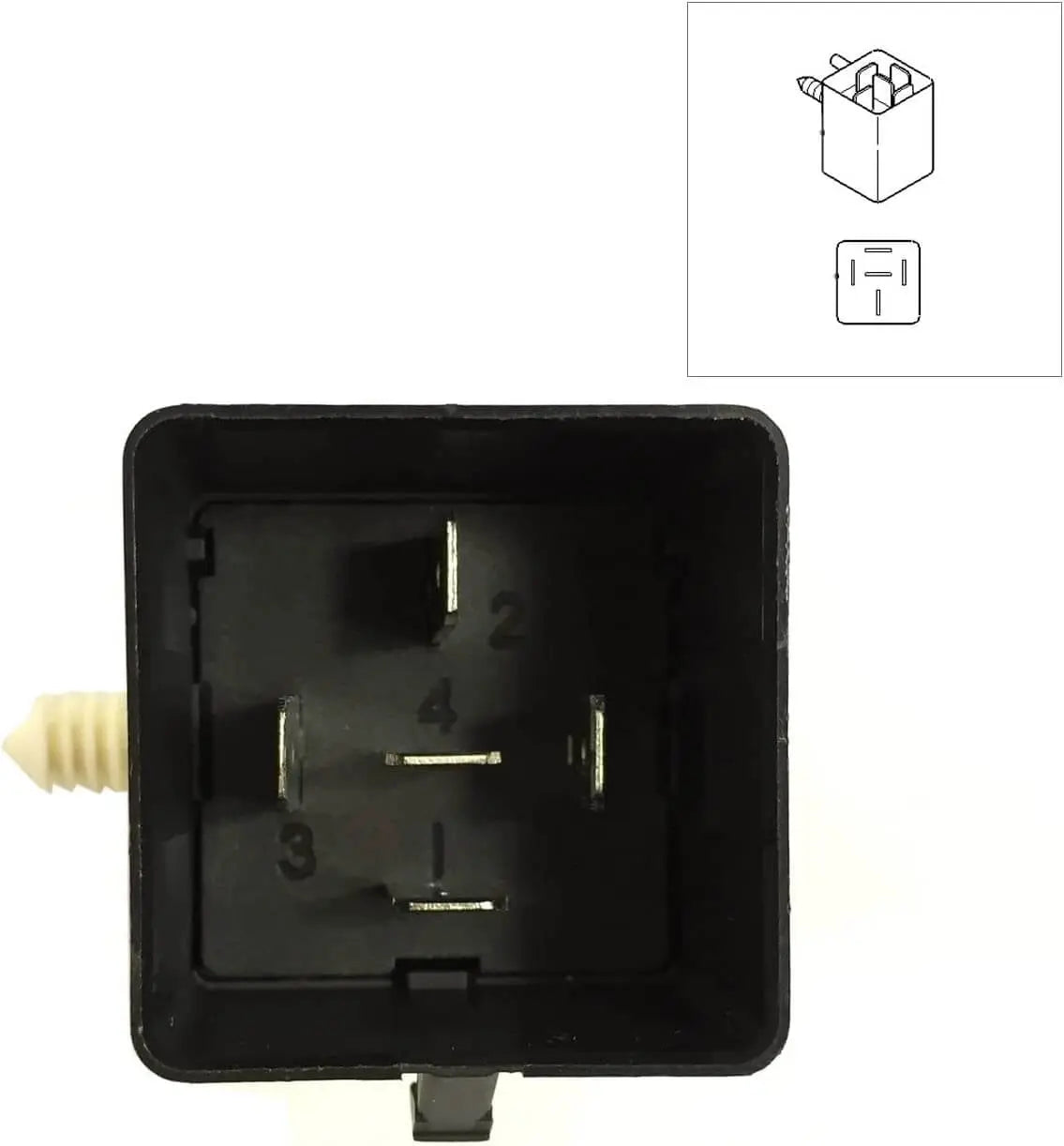
Indicator Switch Flasher Relay For Ford Transit MK6 - YC1T13350AA, 4041625, 1C1T13350AA, 4162892
In stock, 50 units
Sale price£10.90


Wheel sensor ABS Wheel Speed Sensor Rear Compatible For Renault Master - 8200274801, 8200037443
Only 5 units left
Sale price£17.90
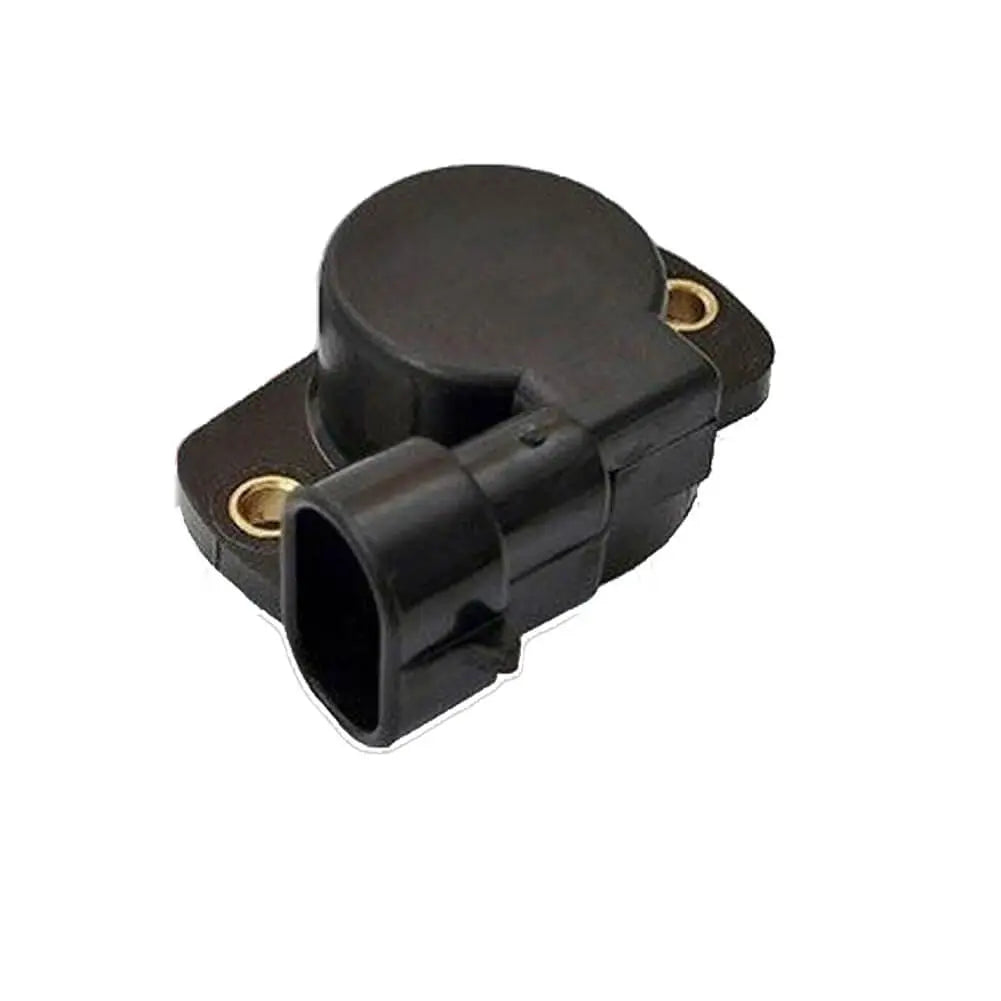

Throttle Position Sensor For Volvo S40 - 9146315, 91463158, 0269983851, 920Q5, 9564463180
In stock, 50 units
Sale price£24.90
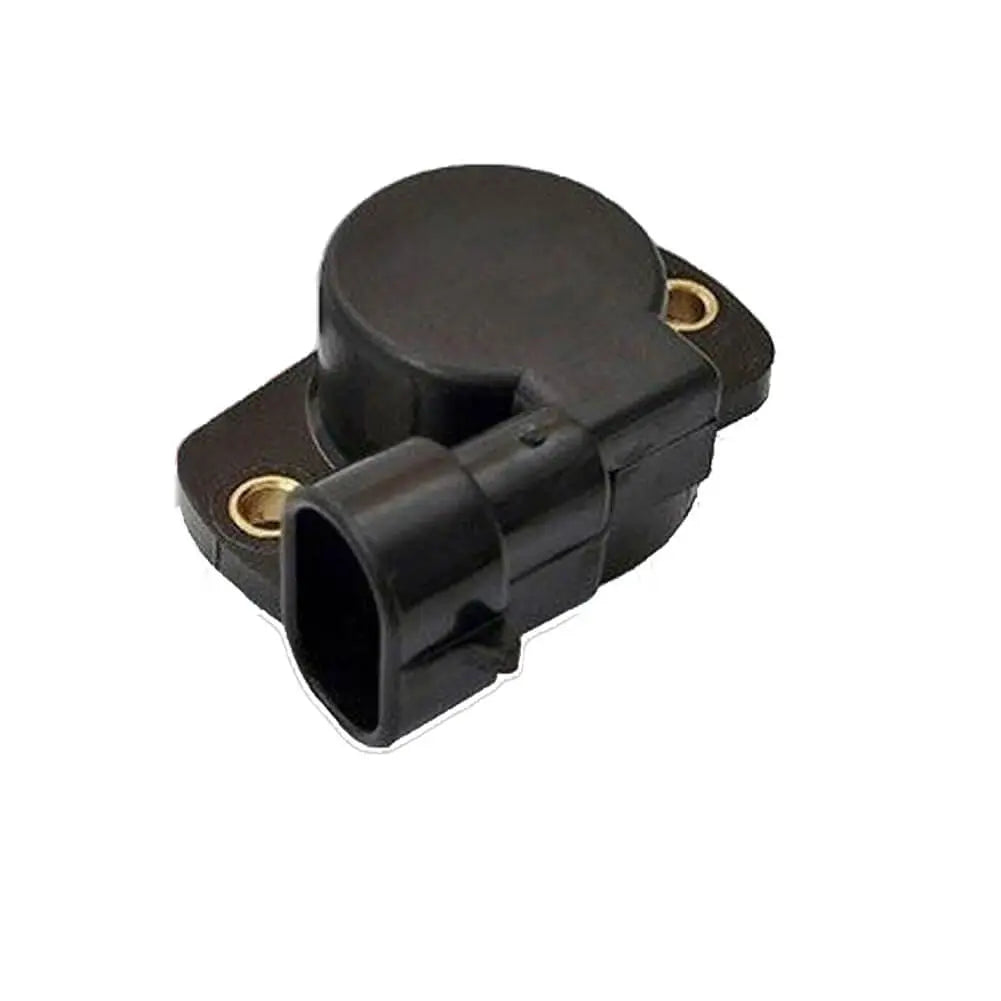

Throttle Position Sensor For Renault 19 Clio Kangoo Laguna Rapid Safrane Twingo - 7701070837, 7701204055, 7702217302
In stock, 50 units
Sale price£24.90
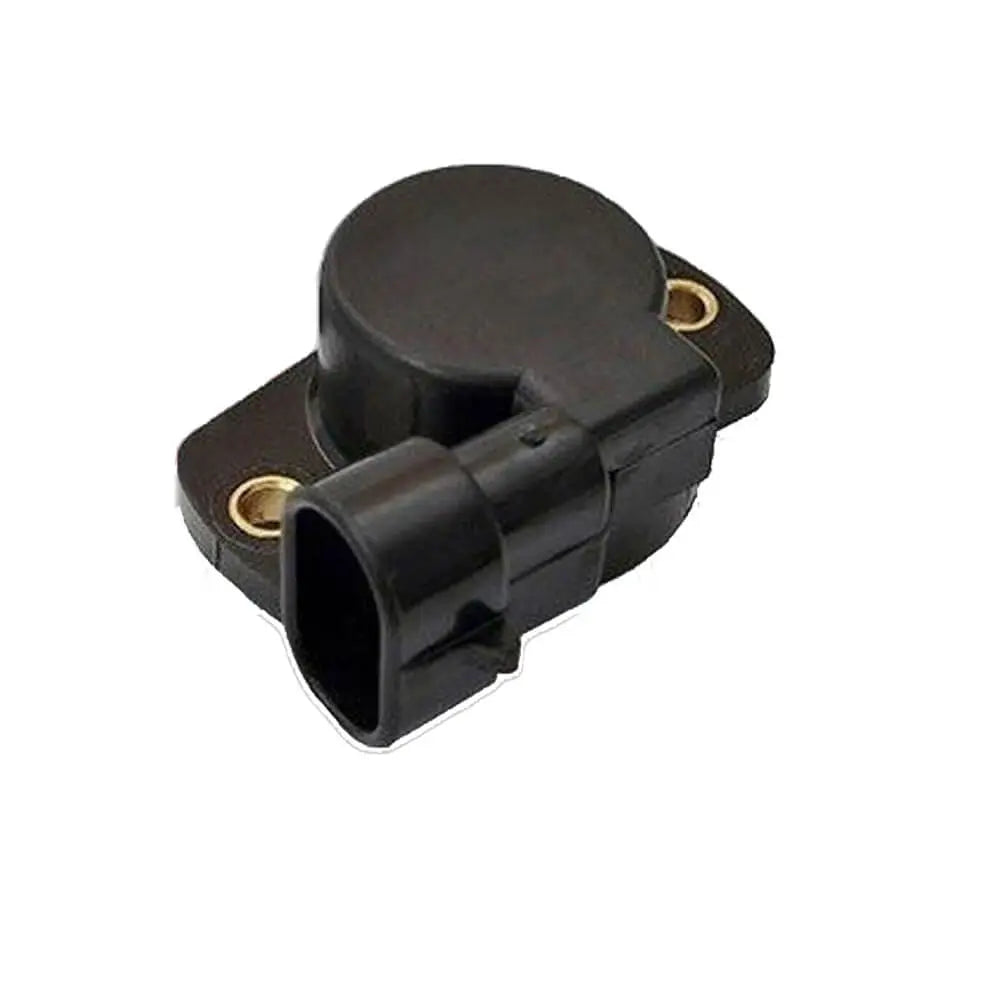

Throttle Position Sensor For Peugeot 106 205 206 306 406 Partner - 19201H, 9564463180, 0269983851, 7701204055
In stock, 50 units
Sale price£24.99
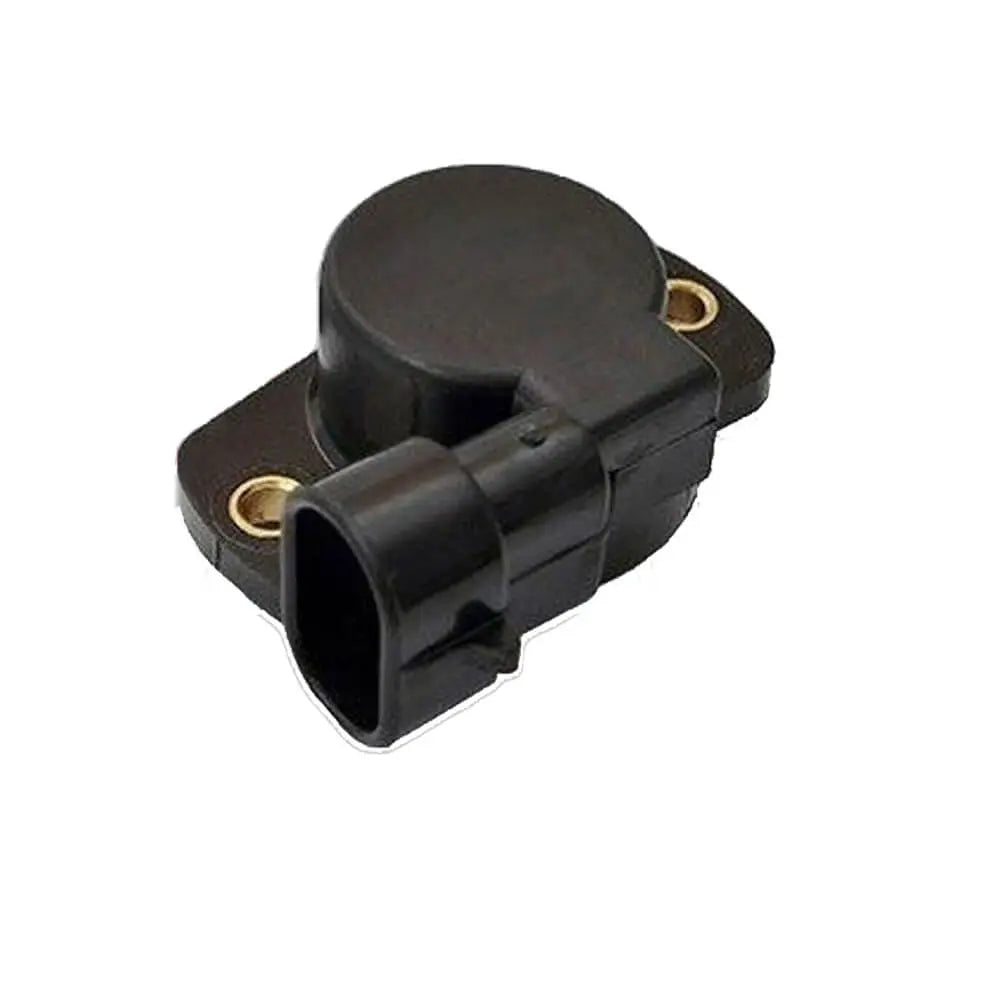

Throttle Position Sensor For Fiat Doblo Idea Palio Panda Punto Seicento Siena - 71752638, 9944468, 7076359, 7745679
In stock, 50 units
Sale price£24.99
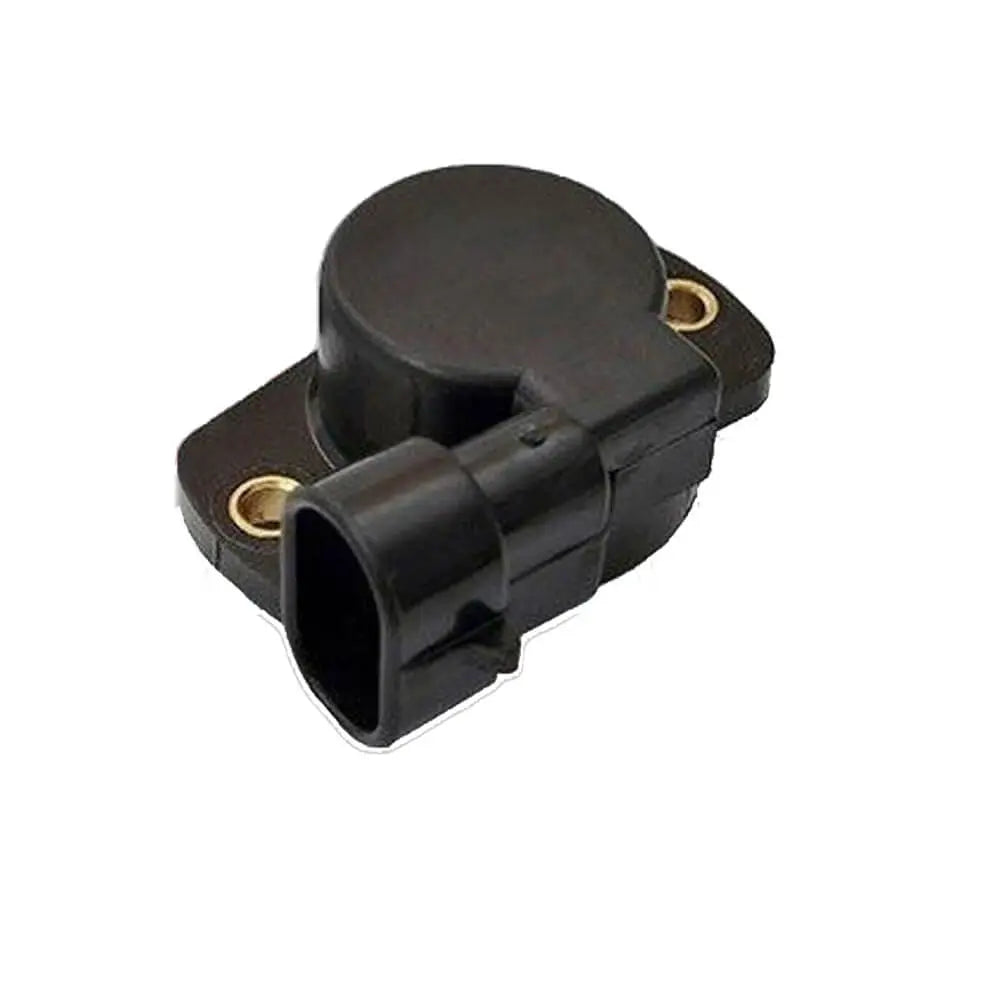

Throttle Position Sensor For Citroen AX Berlingo Saxo Xantia Xsara ZX - 920Q5, 19201H, 9564463180, 0269983851
In stock, 50 units
Sale price£24.99


Oil Pressure Sensor Switch For Vauxhall Adam Astra Astravan Combo Corsa Insignia Meriva Vectra Zafira - 1238696, 1252555,1247680
In stock, 25 units
Sale price£5.45


Oil Pressure Sensor Switch For Opel Adam Agila Astra Combo Corsa Insignia Meriva Mokka Signum Tigra Vectra Zafira - 1238696
In stock, 25 units
Sale price£5.45


Oil Pressure Sensor Switch For Fiat Stilo (192) - 1252573, 1238696, 1252555,1247680, 1252573
In stock, 25 units
Sale price£5.45


Oil Pressure Sensor Switch For Alfa Romeo 159 Saloon Sportwagon - 55354325, 55581588, 93190643
In stock, 25 units
Sale price£5.45


Oil Pressure Sensor Switch For CHEVROLET Cruze Orlando Aveo Trax - 1252573, 55354325, 55581588, 93190643
In stock, 25 units
Sale price£5.45
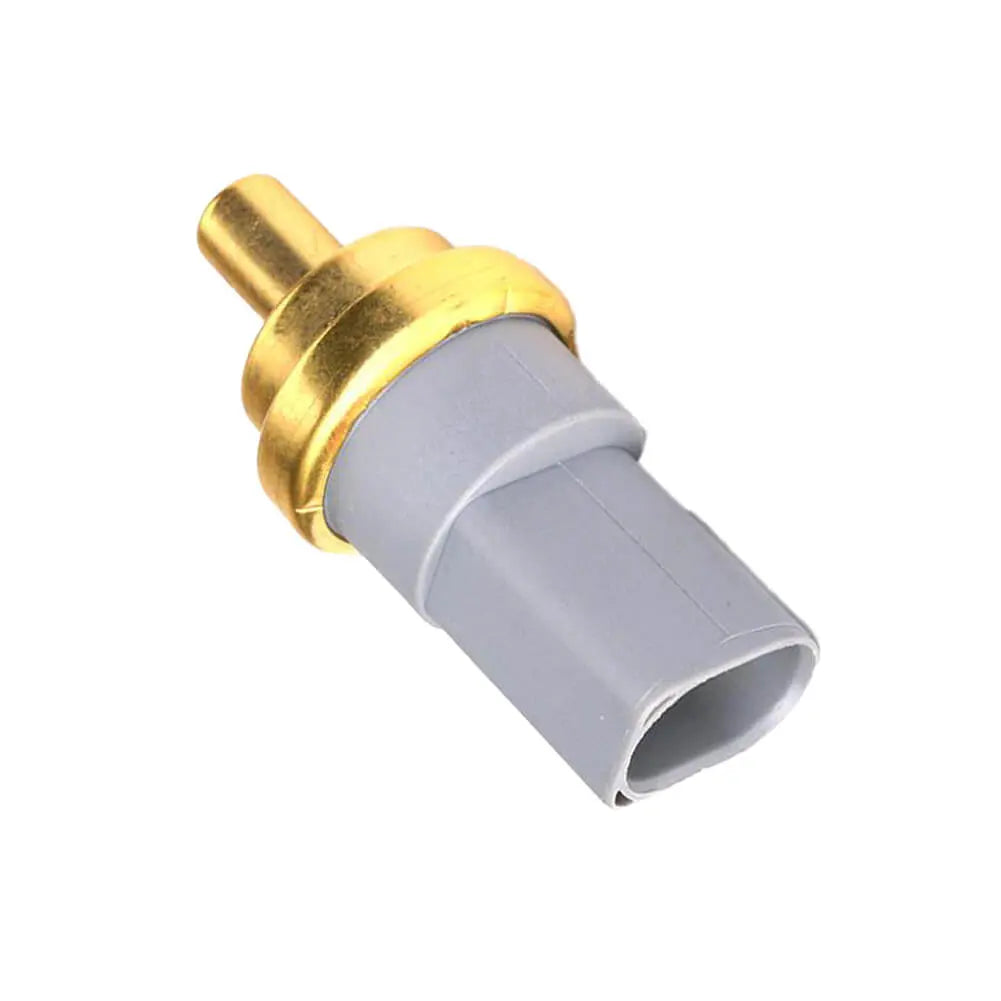
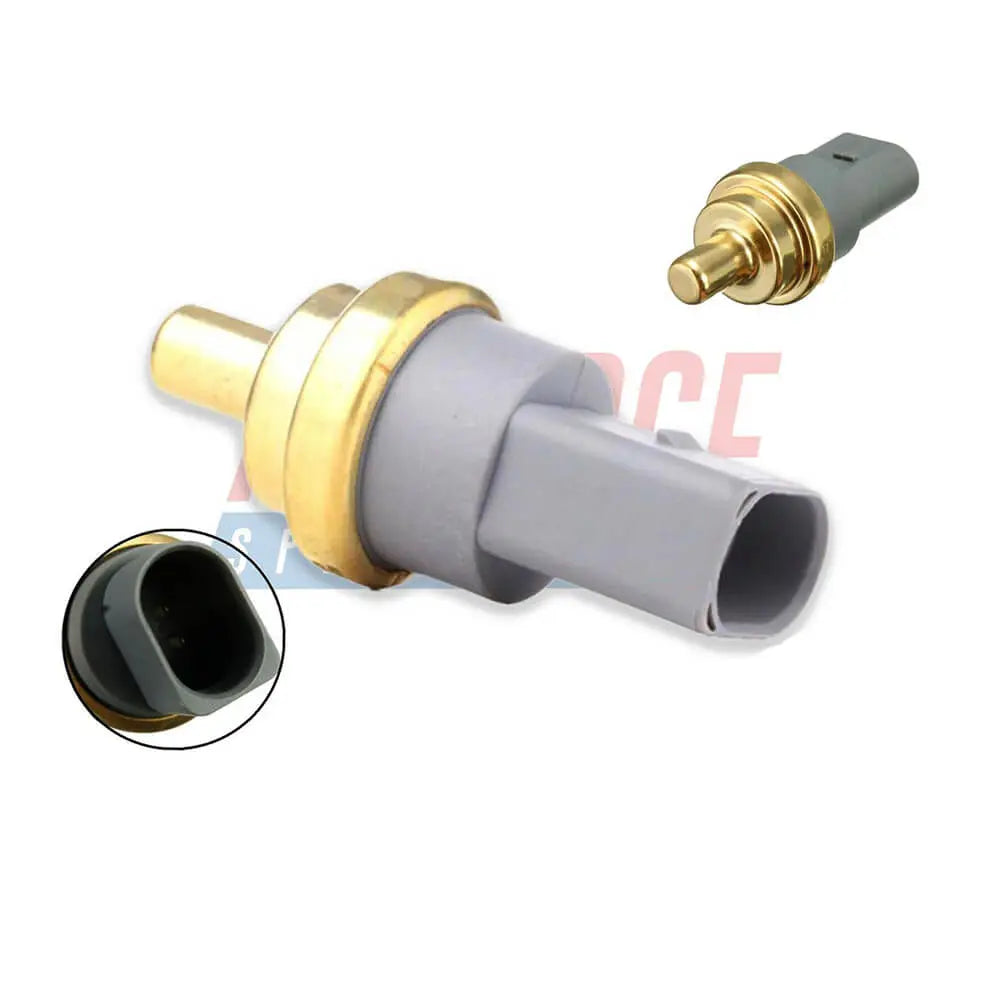
Coolant Temperature Sensor For Mercedes V-Class (W638/2) For Porsche Cayenne Macan - 95510612500, 0135427817
In stock, 50 units
Sale price£9.00
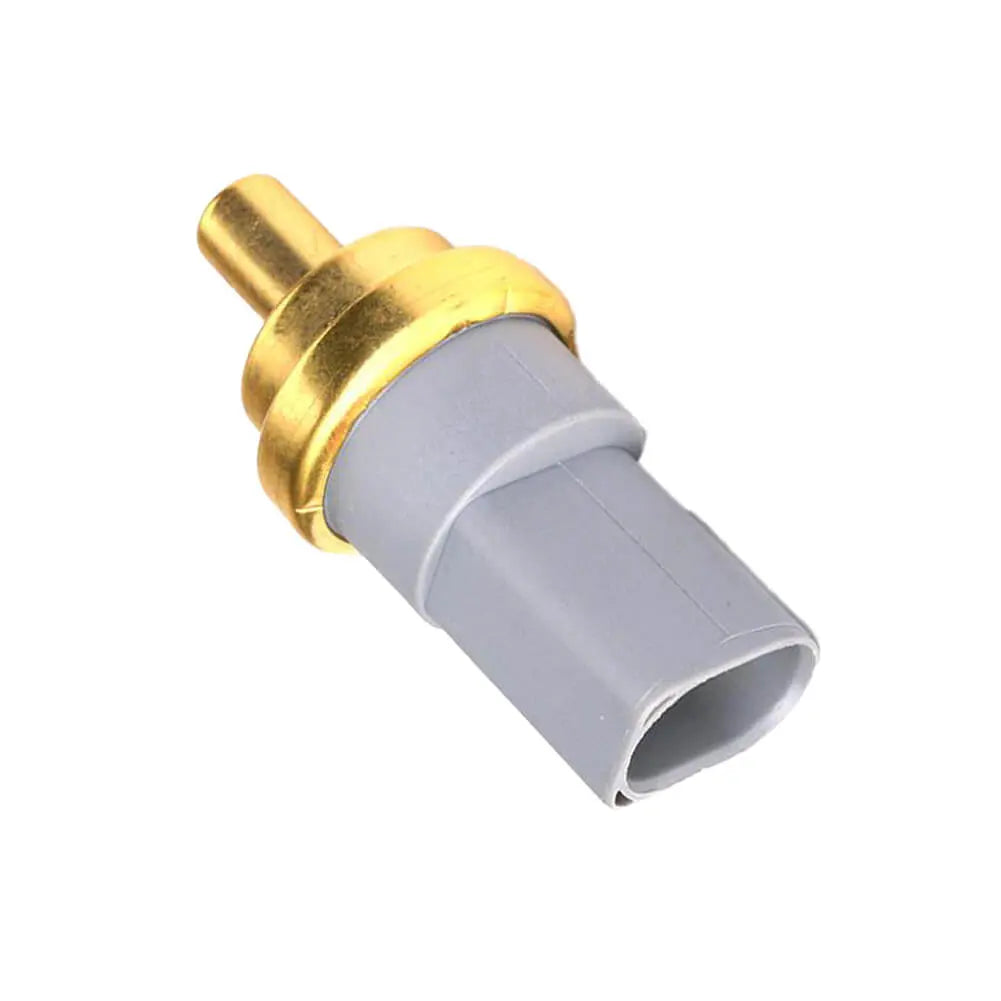
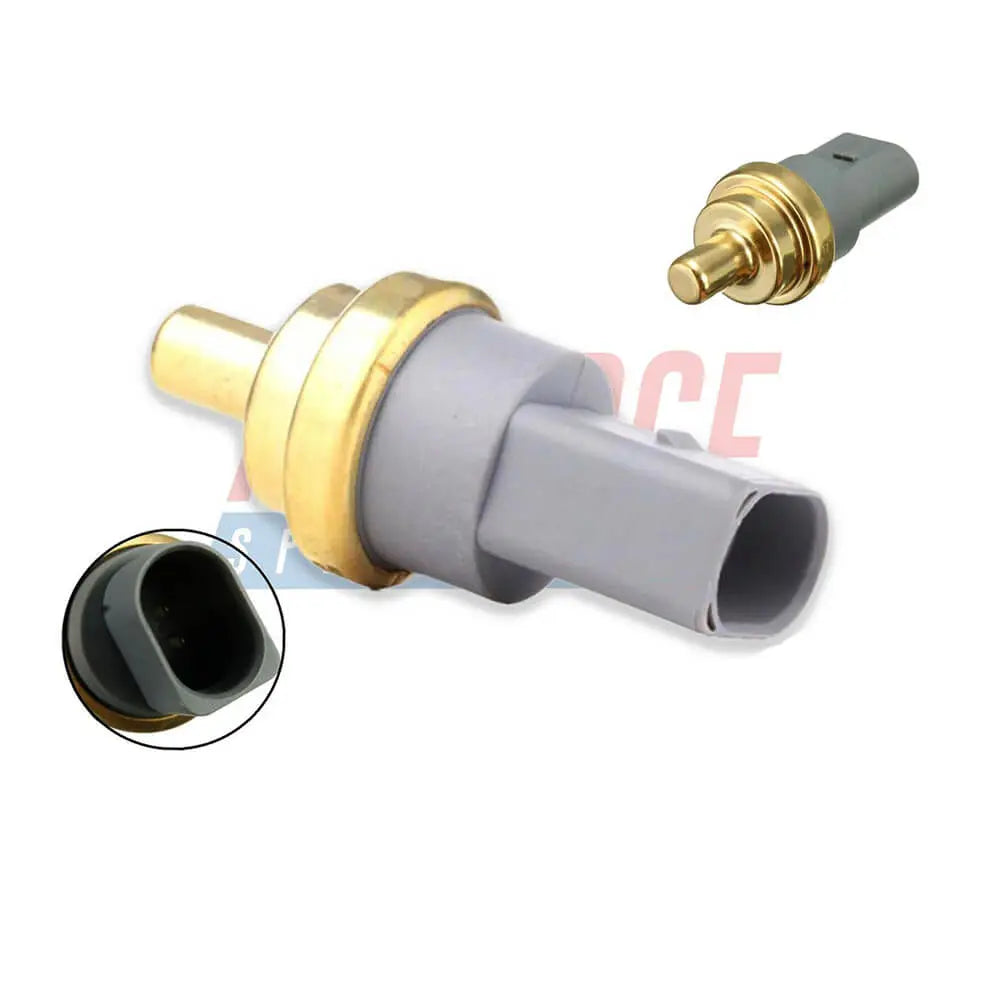
Coolant Temperature Sensor For Ford Galaxy Mk1 For Mitsubishi Grandis Outlander Lancer - 1100736, MN980264, 06A919501A
In stock, 50 units
Sale price£9.00
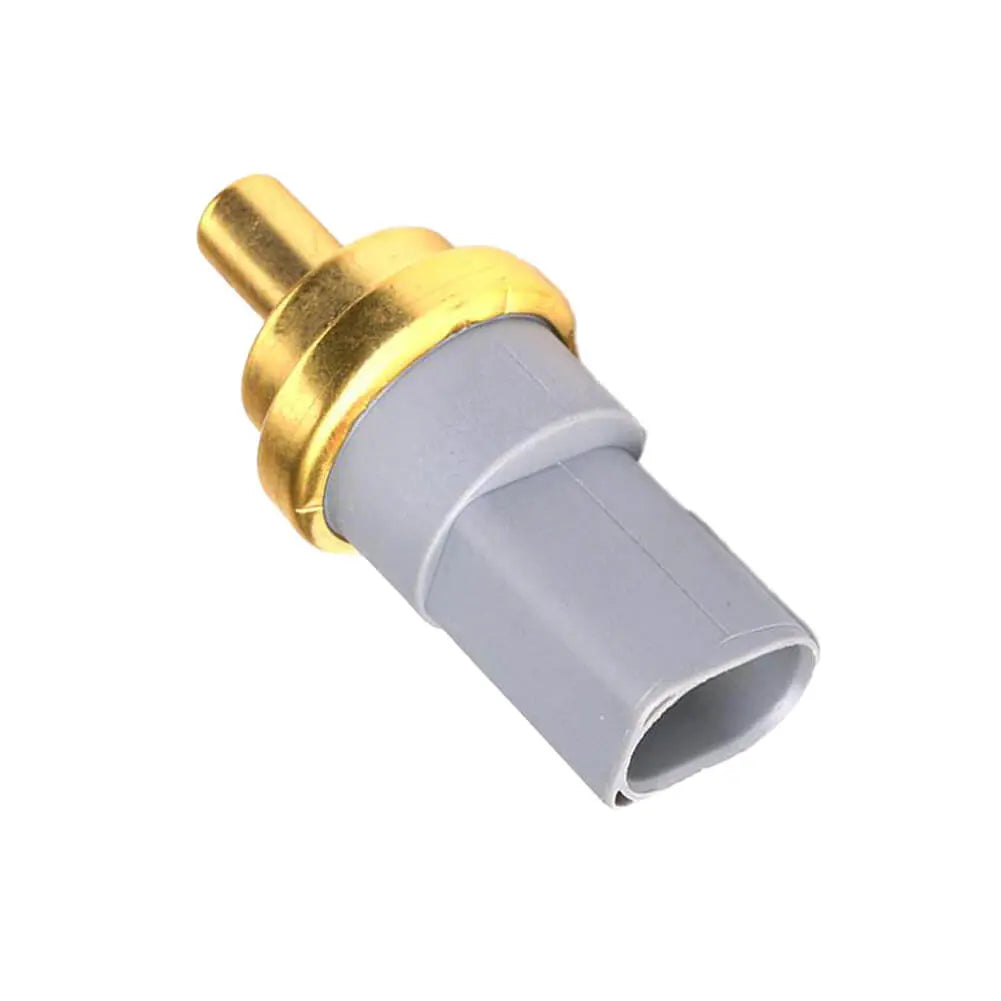
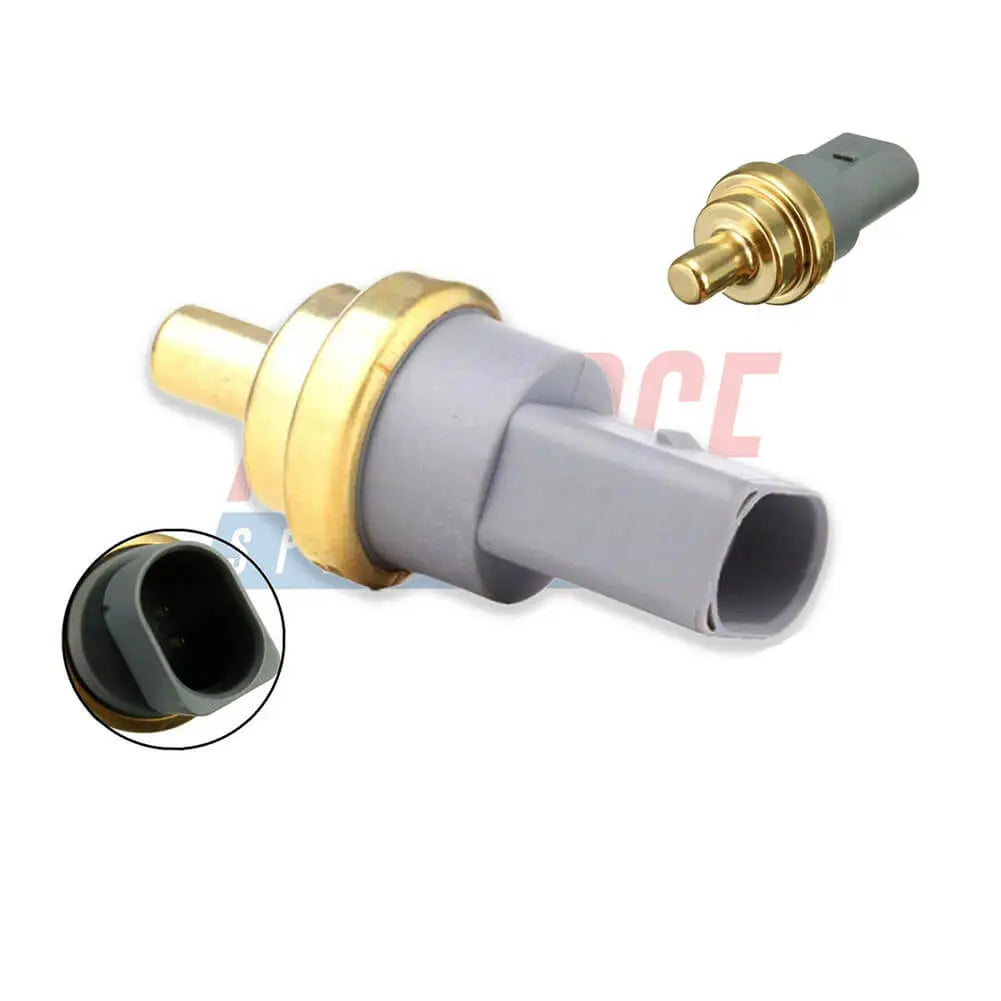
Coolant Temperature Sensor For VW Transporter T5 Amarok Beetle Tiguan Jetta Scirocco Sharan T-Cross Tiguan Touran - 06A919501
In stock, 50 units
Sale price£9.00
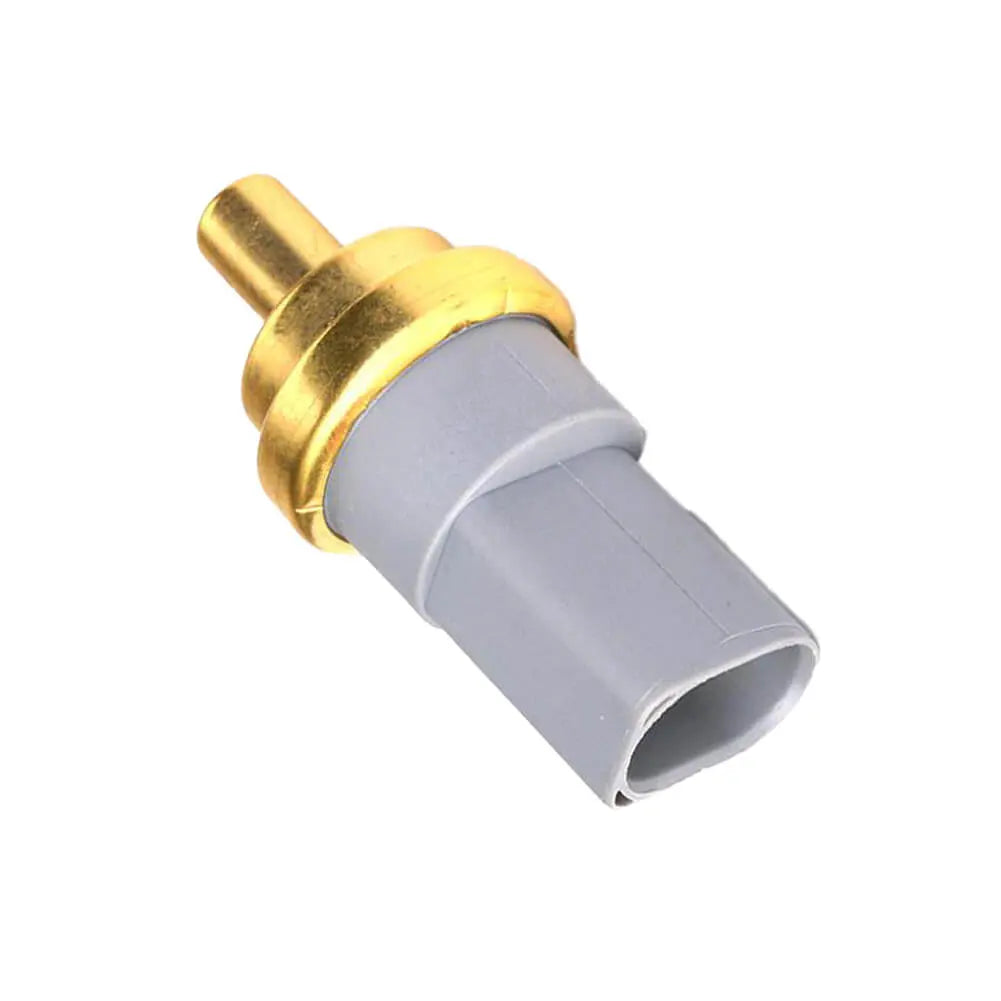
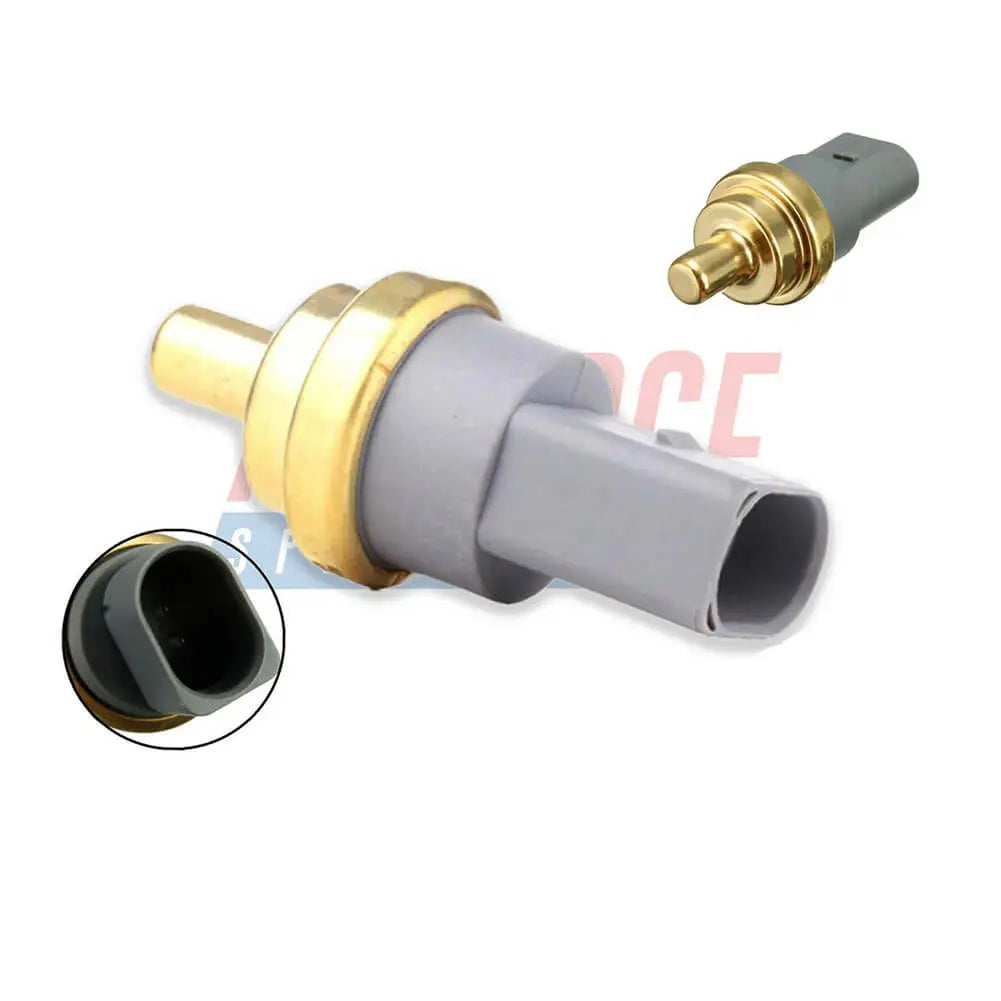
Coolant Temperature Sensor For VW Caddy Crafter Golf Passat Polo - 06A919501A, 06A919501
In stock, 50 units
Sale price£9.00
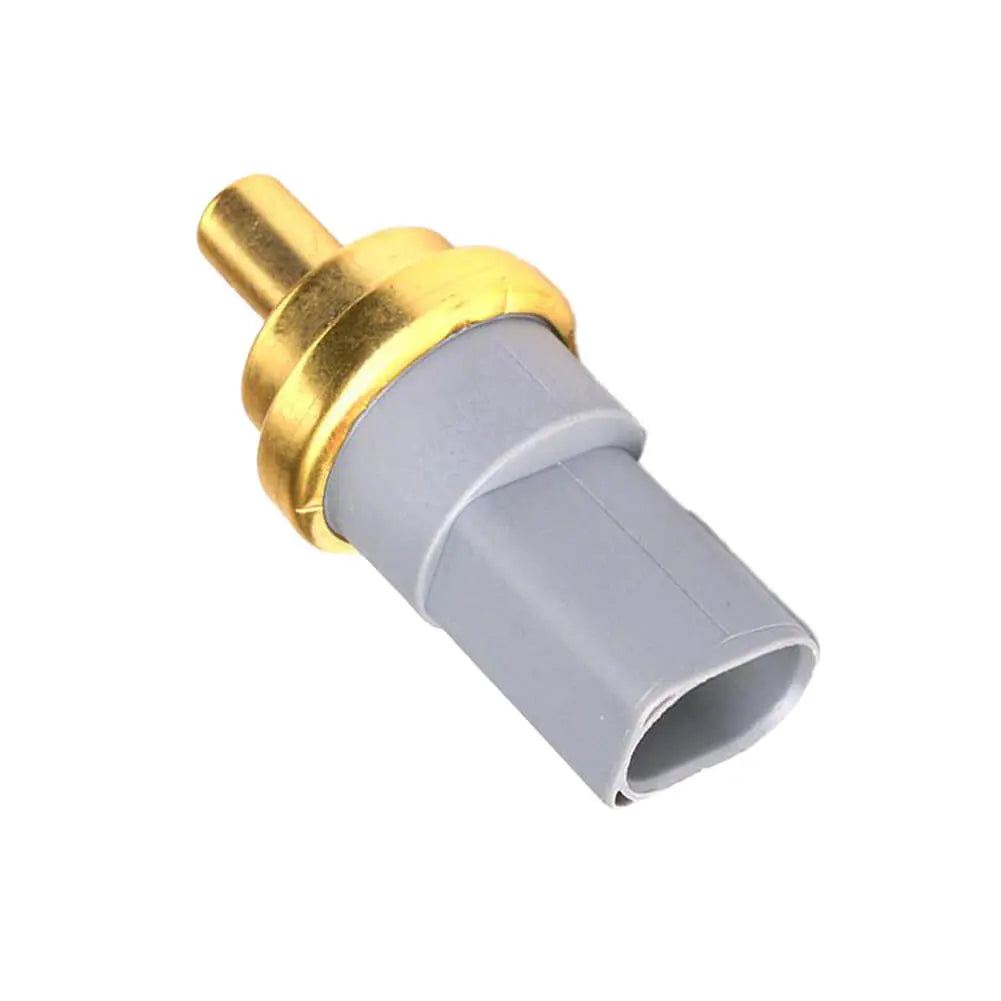
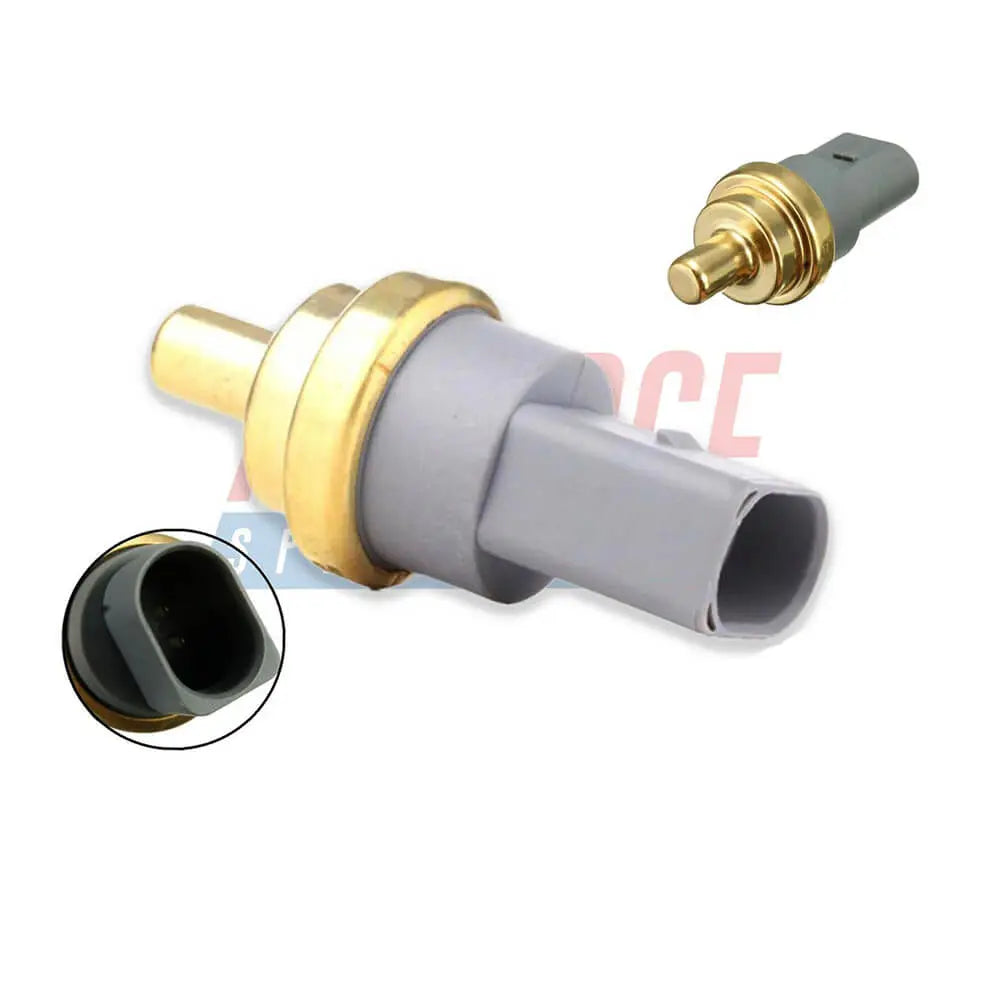
Coolant Temperature Sensor For Skoda Fabia Karoq Kodiaq Octavia Rapid Roomster Scala Superb Yeti - 06A919501A, 06A919501
In stock, 50 units
Sale price£9.00
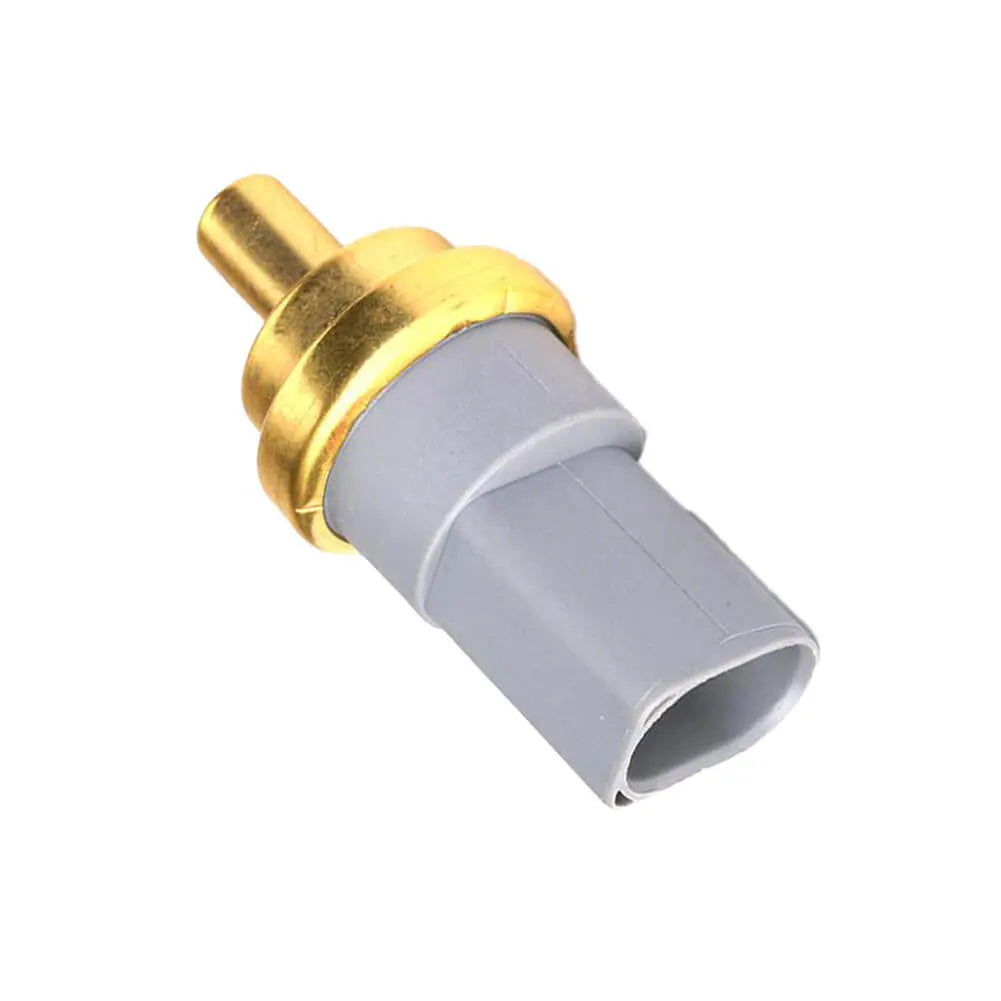
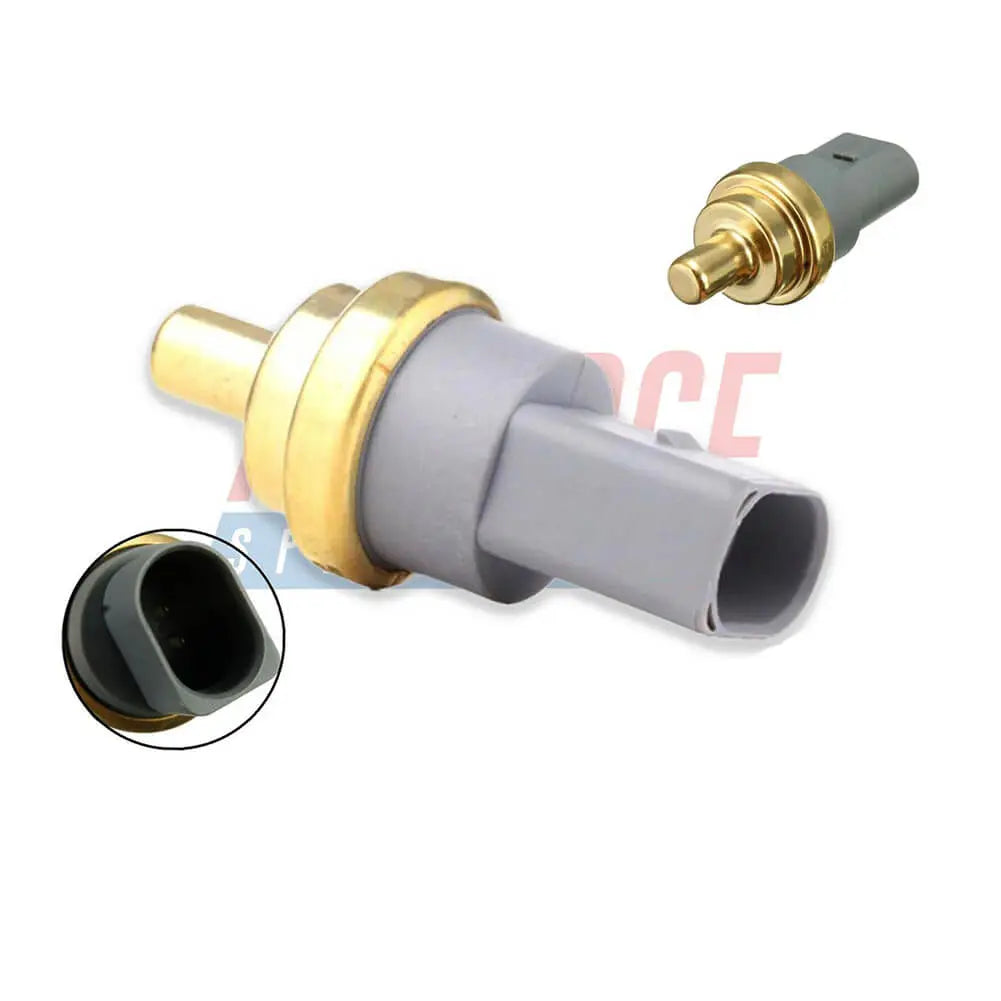
Coolant Temperature Sensor For Seat Alhambra Altea Arona Ateca Cordoba Exeo Ibiza Leon Toledo - 06A919501A, 06A919501
In stock, 50 units
Sale price£9.00
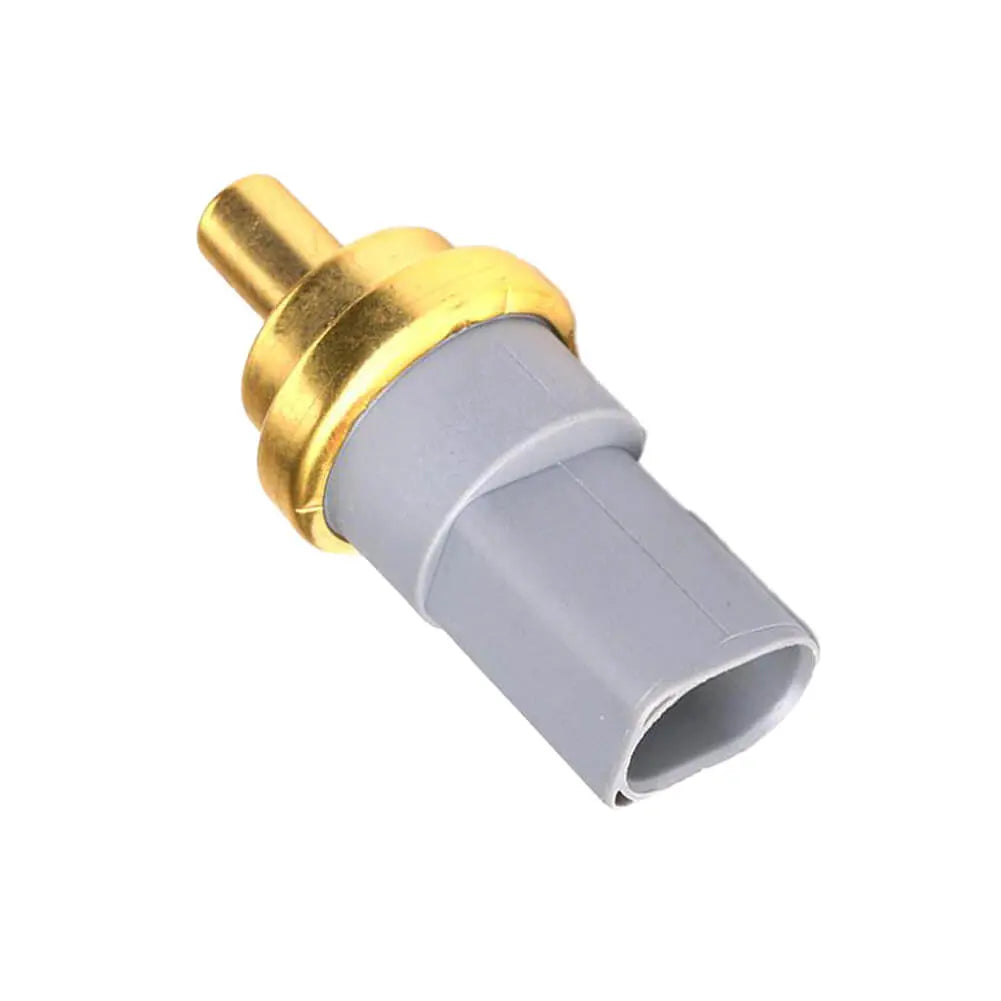
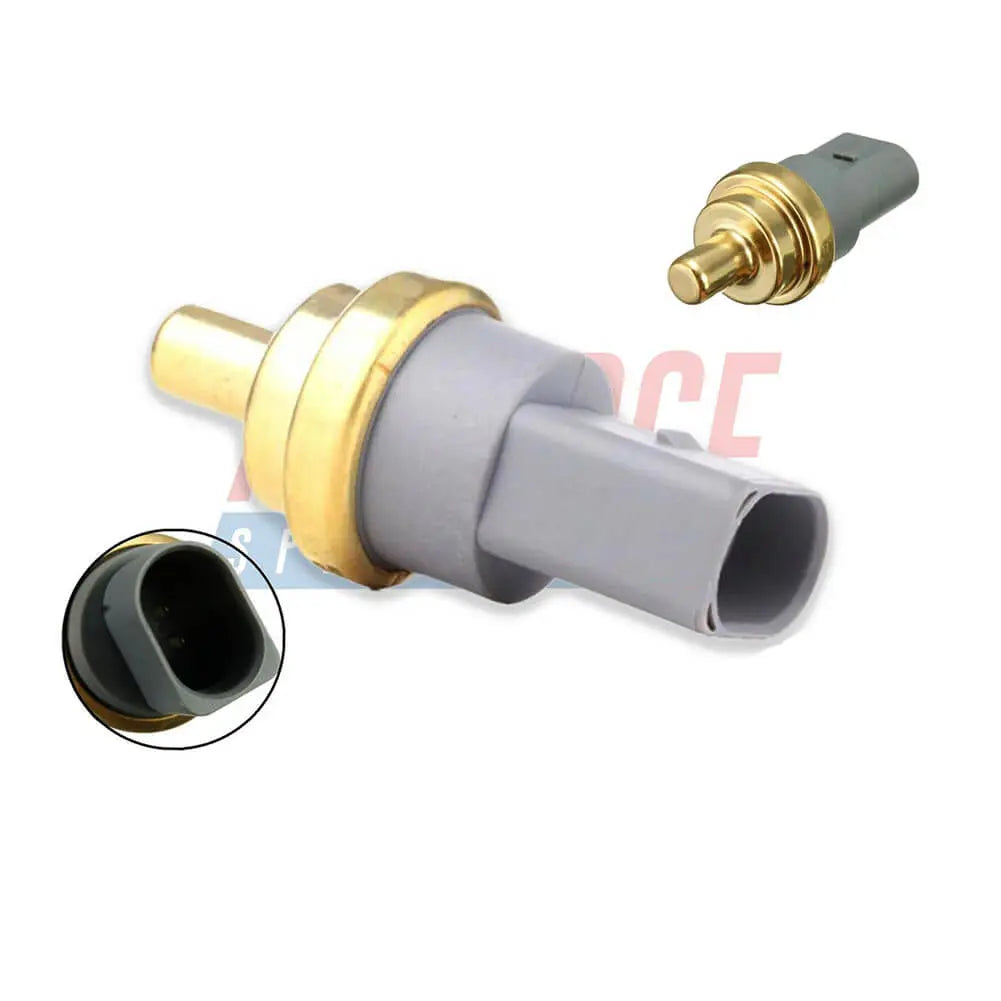
Coolant Temperature Sensor For Audi A1 A2 A3 A4 A5 A6 A7 A8 Q2 Q3 Q5 Q7 TT - 06A919501A, 06A919501
In stock, 50 units
Sale price£9.00


Oil Pressure Switches For VW Scirocco Tiguan Touran XL1 Jetta Lupo Eos Fox Amarok - 036919081C, 036919081D, 036919081A
In stock, 50 units
Sale price£9.00


Oil Pressure Switches For VW Caddy Crafter Golf New Beetle Passat Polo - 036919081C, 036919081D
In stock, 50 units
Sale price£9.00
Filters (0)


